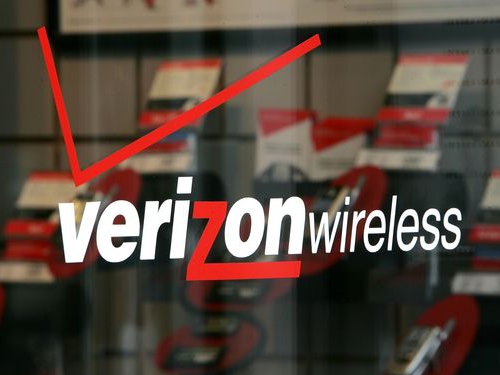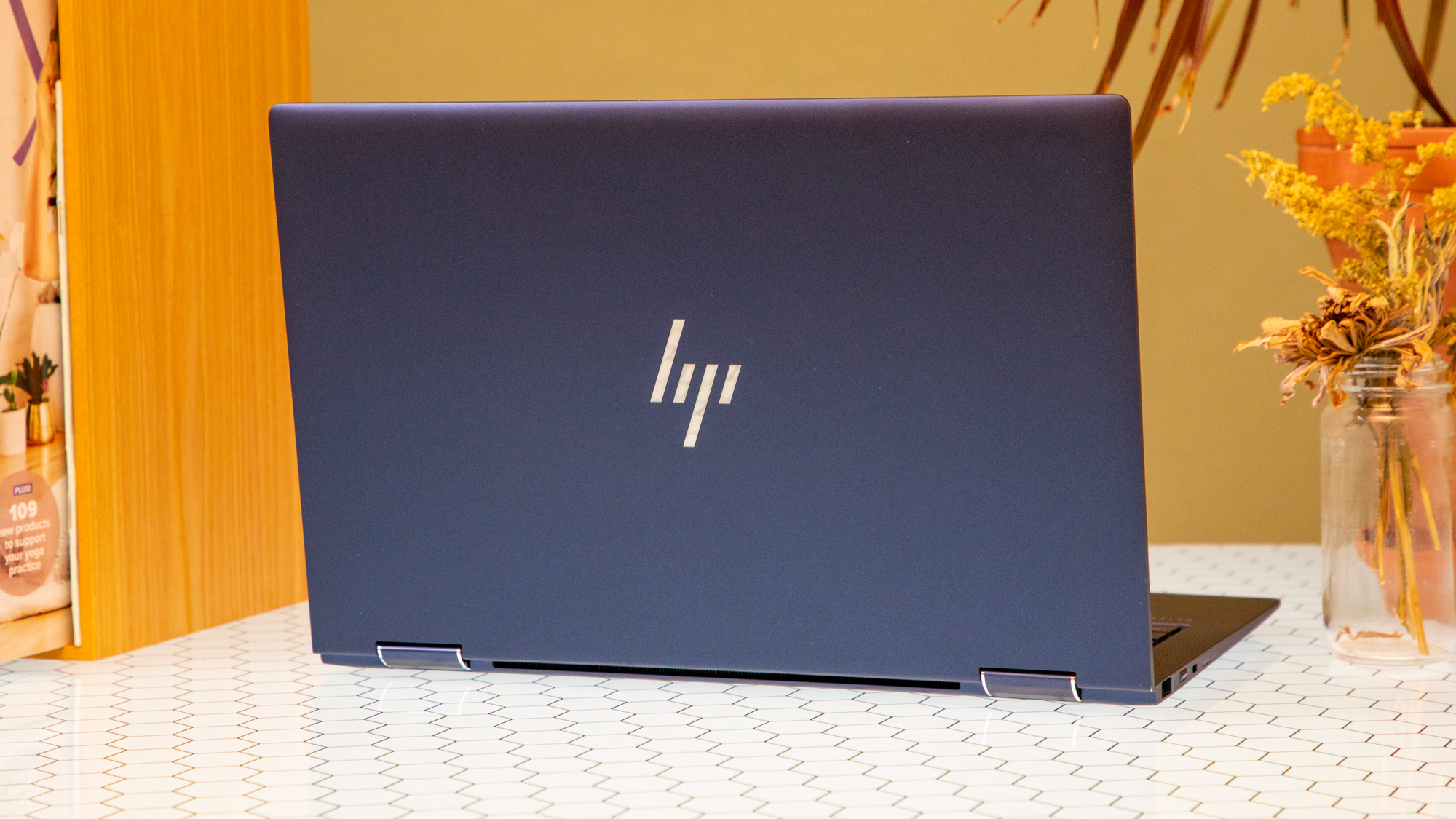Verizon Asking Obama to Lift Incoming iPhone Ban
Verizon is asking President Obama to veto the iPhone and iPad ban.

The U.S. International Trade Commission said in early June (pdf) that Apple is prohibited from importing and selling the iPhone 4, iPhone 3GS, iPhone 3, the original iPad 3G and the iPad 2 3G offered by AT&T here in the United States. This ban does not apply to the iPhone 5 or the fourth-generation iPad which uses a different technology than the currently banned units.
The ITC said in its ruling that it determined that these devices infringe claims 75-76 and 82-84 of U.S. Patent No. 7,706,348, but do not infringe on Samsung's other three patents listed in its case against Apple, U.S. Patent Nos. 7,486,644, 7,450,114, and 6,771,980. The Commission's determination was final, and the investigation terminated, the ITC said.
"The Commission has determined that Samsung has proven that the accused [devices] infringe the asserted claims of the ’348 patent," the ruling stated. "The Commission has further determined that the properly construed claims have not been proven by Apple to be invalid and that Samsung has proven that a domestic industry exists in the United States with respect to the ‘348 patent."
This was a huge blow to Apple even though the company is currently focusing on its iPhone 5, iPad mini, the iPad 4 and the next-generation models arriving later this year. In July the fruity company asked for a stay on the iPhone ban pending an appeal in the Federal circuit. By law, the ITC is required to send its "exclusion orders" to the president for a sixty-day review. He will either stamp a veto on the order, or it will become etched in stone.
"Historically, the president does not interfere in these sorts of things," said Lyle Vander Schaaf, a patent lawyer with Brinks Hofer in Washington, in speaking with Bloomberg. "It shows the commission is a very bold agency that they are willing to take these steps despite the popularity of the Apple products."
With just over a week to go before the ban comes into effect on August 5, Verizon Wireless lawyer Randal Milch has now jumped on the Wall Street Journal and penned a public letter directly to President Obama, asking for a veto on the ITC ban. Although the move seems unusual given that the ban only affects AT&T iPhone and iPad models, the overall problem with devices and patents is on a much larger scale, and could affect the entire industry.
"High-tech products can implicate thousands of patents. If the ITC finds that a product infringes even a single one, it can stop the product at the border," he wrote. "But that's basically it. The commission can't levy much in the way of a lesser penalty. In the end the consumer suffers when the use of such an enforcement tool is unwarranted."
Sign up to get the BEST of Tom's Guide direct to your inbox.
Get instant access to breaking news, the hottest reviews, great deals and helpful tips.
"What we have warned is that patent litigation at the ITC—where the only remedy is to keep products from the American public—is too high-stakes a game for patent disputes," he added. "The fact that the ITC's intellectual-property-dispute docket has nearly quadrupled over 15 years only raises the stakes further. Smartphone patent litigation accounts for a substantial share of that increase."
Milch also noted that a president hasn't vetoed an ITC decision since Ronald Reagan was in office during 1987. He also offered three scenarios for when the President should veto an exclusion order: when the patent holder isn't practicing the technology itself, when the patent holder has already agreed to license the patent on reasonable terms, and when the infringing piece of the product isn't that important to the overall product, and doesn't drive consumer demand.
Just weeks ago, Apple filed a motion (pdf) arguing that the ITC decision threatens to render meaningless a FRAND – aka a fair, reasonable, and non-discriminatory -- commitment made to a standard-setting organization. The decision would also make the ITC an "outlier" among agencies and tribunals around the world, Apple said.
"For example, the European Commission issued a preliminary determination that Samsung had violated European competition law by pursuing injunctions on FRAND patents against Apple, and Samsung has withdrawn all such injunction requests in Europe," Apple said. "Yet here in the United States, Samsung has continued to pursue injunctions and exclusion orders, and the ITC has now rewarded that conduct."
Is it a case of "you play, you pay?" Apple is seemingly now on the receiving end of the ban-hammer. Last year a California jury found that several Samsung products infringed on Apple-owned patents for scrolling and double-tap zooming. Sales of the Samsung Galaxy Nexus were banned in the States until the ruling was overturned in the U.S. Court of Appeals in October (pdf). Samsung may also be required to cough up more than $1 billion in damages in a ruling to be made this August.
Apple and Samsung have been locked in a patent infringement feud for what seems like forever, with dozens of lawsuits spread across four continents. Now each side can claim a victory here in the States, and so far there seems to be no sign of settling anytime soon.
Kevin started taking PCs apart in the 90s when Quake was on the way and his PC lacked the required components. Since then, he’s loved all things PC-related and cool gadgets ranging from the New Nintendo 3DS to Android tablets. He is currently a contributor at Digital Trends, writing about everything from computers to how-to content on Windows and Macs to reviews of the latest laptops from HP, Dell, Lenovo, and more.
-
deftonian Verizon wireless lawyer.... where were you when all of Apples litigation against Samsung were filed? If you think it's so bad for consumers, why didn't you try and stop Apple from starting so many lawsuits? It's a little late to jump in the game and take sides.Reply
This has become more of a sibling rivalry, pointing fingers, accusing the other. Both need a good whoopin. -
ammaross "...willing to take these steps despite the popularity of the Apple products."Reply
So, it is OK to allow companies to break the law, simply because they're deemed "popular?" The whole issue has been that Apple has seen itself as being above the need to license IP, even FRAND items for which there are guidelines on what is "fair and reasonable." Even if Samsung demands the top-most portion of that "fair and reasonable" scale, it is _still on the scale_. It is all part of the conversation that most normal businesses have when developing a new product: "can we make enough money off of this after all the licensing and development costs to make this worth it?" Someone at Apple likely chimed in saying "well, if we just don't worry about licensing some items, we may be able to make more...we just pay it anyway if it goes to court." -
lpedraja2002 Apple is finally getting whats coming to them, they exploited the patent laws and created a chaos out of the justice system.Reply -
flexxar The ironic thing about Samsung calling foul Apple for stealing intellectual property is that all of Samsung's mobile products are clones of Apple products. Smartphones (except for primitive blackberries) and tablets didn't exist before Apple designed them into existence. So whom is really stealing from whom?Reply -
flexxar The ironic thing about Samsung calling foul Apple for stealing intellectual property is that all of Samsung's mobile products are clones of Apple products. Smartphones (except for primitive blackberries) and tablets didn't exist before Apple designed them into existence. So whom is really stealing from whom?Reply -
back_by_demand The only reason to ask the President to overrule an ITC ruling is that the ITC ruling is correct, your lawyers have failed and that is the only way to get something illegal made legal - same as commuting a death sentence or issuing a pardon, legalised illegality, only in America where nobody is above the law apart from POTUSReply -
JamesSneed @flexxar, Samsung made all those Apple products to start with. Apple doesn't actually make a phone, they sell a phone that Samsung manufactures albeit they are starting to distance themselves. When you can design, source and manufacture the entire product including the memory chips etc you have a huge advantage over a company that designs the look and shape of a device. See Samsung holds the patents for many things inside the Apple iPhone because they, Samsung, make it. Turn around is fair play, Apple should have never went after a company that actually makes stuff, they hold thousands upon thousands of patents. Simply put Apple needs to make its own hardware or they will have similar issues again in the future.Reply -
flexxar @JamesSneed - "Apple doesn't actually make a phone, they sell a phone that Samsung manufactures"Reply
Those are some interesting "facts" that you made up just now. Apple designs their products, then buys components from dozens of other companies, then pays Foxconn to put it all together and package. Samsung only made the processor for a few models. Tell me again how Samsung manufactures iphones for Apple... If you assembled your own computer from parts and just so happened to use an AMD processor, would you make that claim that AMD manufactured that computer? Because that's what you did to Apple.
http://wiki.answers.com/Q/Who_manufactures_the_iPhone
. -
lamorpa flexxar: "The ironic thing about Samsung calling foul Apple for stealing intellectual property is that all of Samsung's mobile products are clones of Apple products. Smartphones (except for primitive blackberries) and tablets didn't exist before Apple designed them into existence. So whom is really stealing from whom?"Reply
Cute. In your iWorld, Apple has the best iProducts of any iProduct maker. All product are just copies, whether they came before or after Apple issued a similar product. Join the real world. The iWorld gets smaller every day. You risk being iCrushed.
